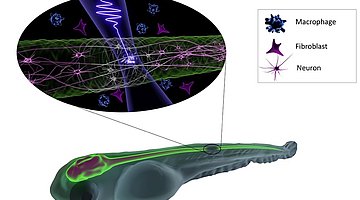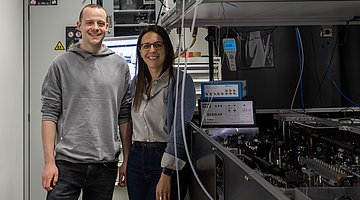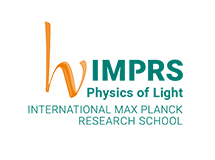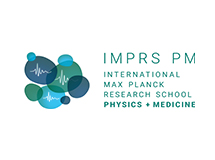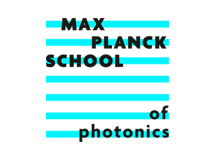News
New insights into the interaction of femtosecond lasers with living tissue
Nonlinear light microscopy has revolutionized our ability to observe and understand complex biological processes. However, light can also damage…
Speeding up spectroscopic analysis
Ultrafast laser spectroscopy allows the ascertainment of dynamics over extremely short time scales, making it a very useful tool in many scientific…
Contact
Fattahi Research Group
MPI for the Science of Light
Staudtstr. 2
D-91058 Erlangen, Germany

